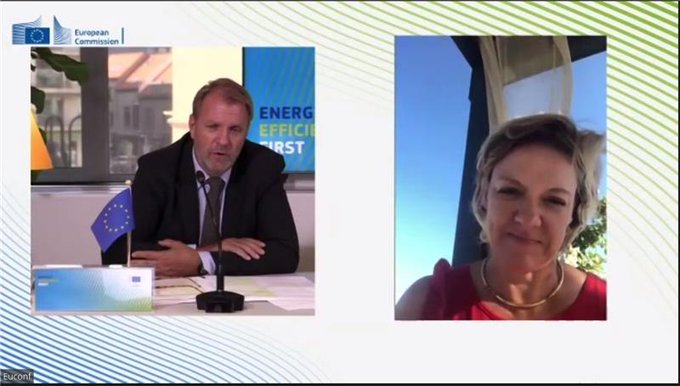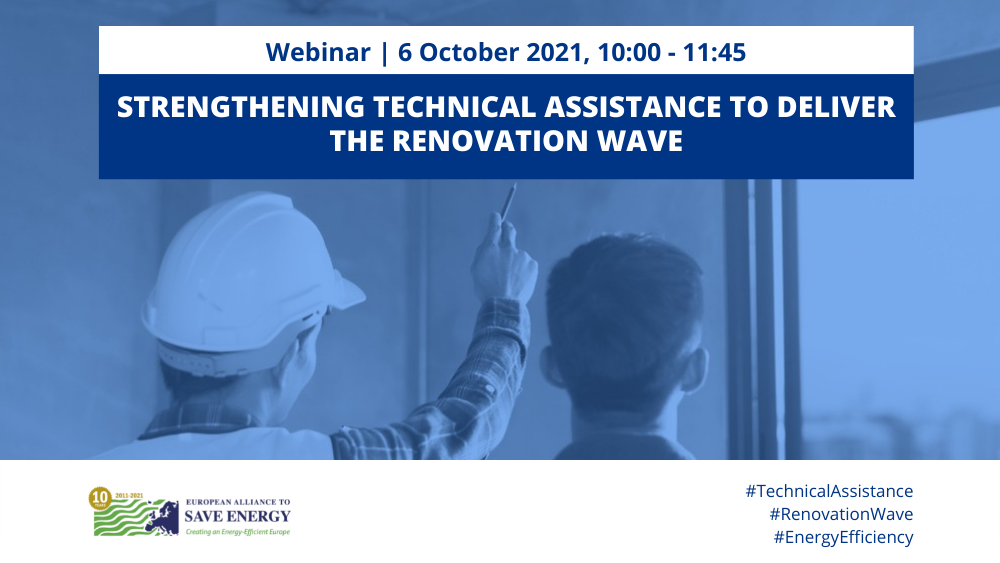Smart technologies for energy-efficient, decarbonised and more comfortable buildings

On 14 October, EU-ASE, together with eu.bac and LightingEurope organised a webinar on the review of the Energy Performance Of Buildings Directive (EPBD) and the role of smart technologies to make EU building stock energy-efficient, decarbonised and more comfortable.
Most of the potential of digitalisation is still unexploited in buildings. The revision of the EPBD creates a unique opportunity to deploy a broad range of energy-efficient and smart technologies, from Artificial Intelligence, to Building Automation and Control Systems or smart lighting, among many other solutions.
The recording of the event is available here
The slides used during the presentation can be found here
The result of the polls here




